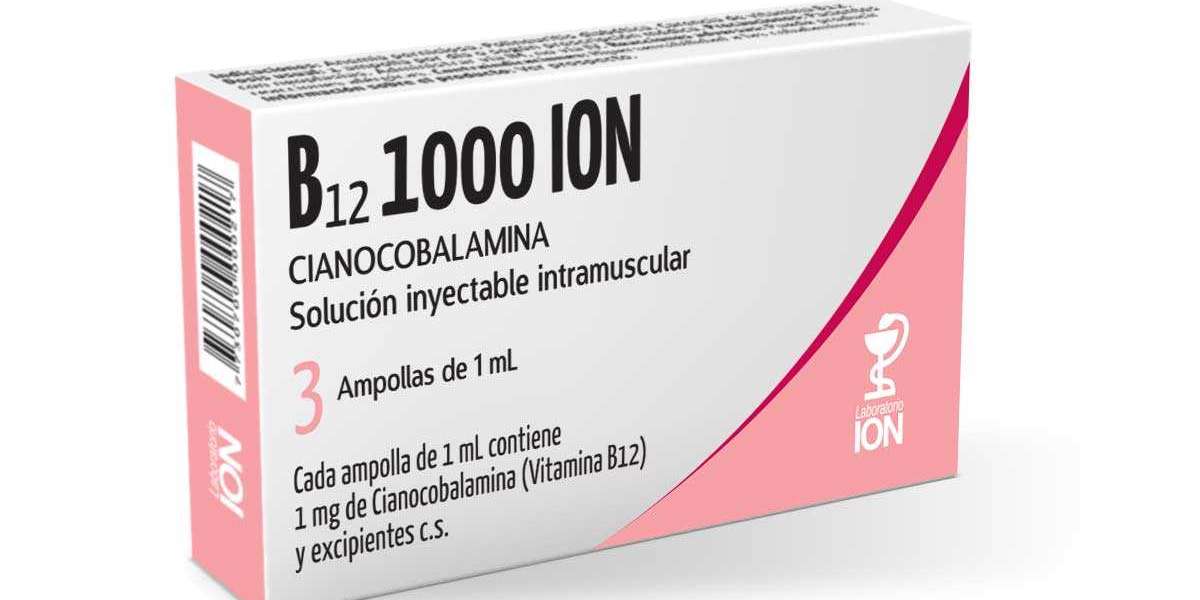In today's digital landscape, small businesses face numerous cybersecurity threats. As a result, investing in reliable network security hardware is crucial. This article will explore the top five essential network security hardware solutions that every small business should consider. By understanding these options, you can better protect your sensitive data and ensure a secure operational environment.

1. Firewalls: The First Line of Defense
A network security hardware supplier often emphasizes the importance of firewalls. Firewalls serve as a barrier between your internal network and external threats. They monitor incoming and outgoing traffic, blocking unauthorized access while allowing legitimate communication. When selecting a firewall, consider whether you need a hardware-based or software-based solution. Hardware firewalls are typically more robust and can handle larger volumes of traffic.
2. Intrusion Detection Systems (IDS)
Another critical component of network security is an Intrusion Detection System (IDS). An IDS monitors network traffic for suspicious activity and alerts administrators to potential threats. This proactive approach allows businesses to respond quickly to security breaches. When choosing an IDS, look for features such as real-time monitoring, alerting capabilities, and compatibility with existing network infrastructure.
3. Virtual Private Networks (VPNs)
For small businesses with remote employees, a Virtual Private Network (VPN) is essential. A VPN encrypts internet traffic, ensuring that sensitive information remains secure while transmitted over public networks. This is particularly important for businesses that handle confidential client data. When selecting a VPN, consider factors such as speed, security protocols, and ease of use.
4. Unified Threat Management (UTM) Appliances
Unified Threat Management (UTM) appliances combine multiple security features into a single device. These can include firewalls, IDS, anti-virus, and content filtering. By consolidating security measures, small businesses can simplify management and reduce costs. When evaluating UTM options, assess the range of features offered and how they align with your specific security needs.
5. Network Access Control (NAC)
Network Access Control (NAC) solutions help businesses manage and secure devices connected to their networks. NAC systems enforce security policies by ensuring that only authorized devices can access network resources. This is particularly important in environments where employees use personal devices for work. When considering NAC solutions, look for features such as device profiling, policy enforcement, and reporting capabilities.
Choosing the Right Network Security Hardware Supplier
When selecting a network security hardware supplier, it is essential to consider their reputation, product offerings, and customer support. A reliable supplier will provide comprehensive solutions tailored to your business's unique needs. For a wide range of network security products, visit  .
.
Conclusion
Investing in the right network security hardware is vital for small businesses to protect against cyber threats. By understanding the essential solutions available, you can make informed decisions that enhance your cybersecurity posture. Remember, a proactive approach to network security not only safeguards your data but also builds trust with your clients.



